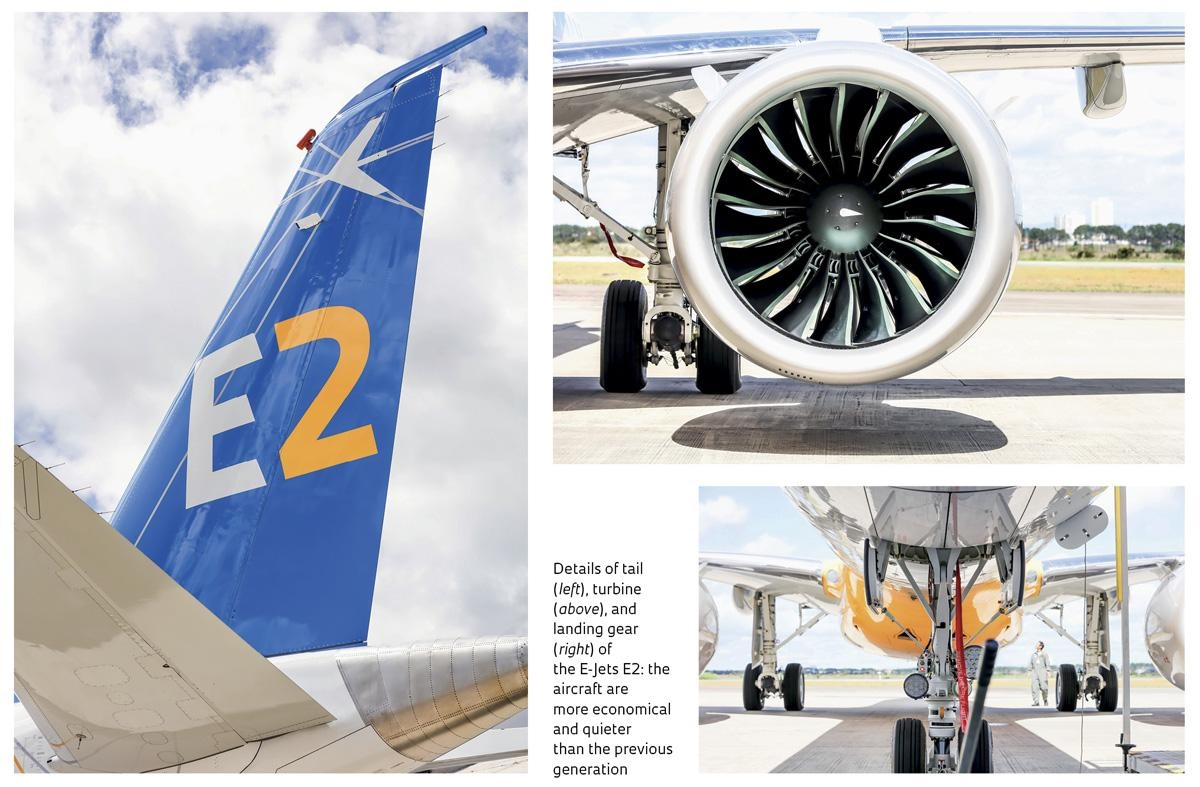AeroGenie — Votre copilote intelligent.
Tendances
Categories
Is a Next-Generation Airliner Economically Viable?

Is a Next-Generation Airliner Economically Viable?
Airbus CEO Guillaume Faury has reiterated the company’s intention to develop a successor to the A320neo family, aiming for entry into service in the latter half of the 2030s. However, the economic viability of a next-generation single-aisle (NGSA) aircraft is increasingly being questioned within the commercial aviation industry.
Industry Skepticism and Development Challenges
A recent survey conducted by McKinsey and Aviation Week, involving over 135 companies across the aviation supply chain, highlights growing doubts about the business case for an NGSA. The primary concern centers on the substantial development costs, which could reach as high as $25 billion, coupled with a protracted payback period estimated at 10 to 12 years. Technical feasibility remains a significant issue as well. While 84 percent of respondents last year believed an NGSA could be introduced by 2035 or earlier, this year’s outlook has become more cautious. The expected timeline for entry into service has been pushed back by three to four years on average, with half of the participants now anticipating a launch date of 2034 or later. Engine manufacturers are particularly pessimistic, with many projecting that NGSA aircraft will not enter service until 2040 or beyond.
This skepticism is further intensified by broader industry challenges. Rising operational costs, ongoing supply chain disruptions, and weakening demand—especially in North America—are undermining confidence. The imposition of recent U.S. tariffs has added to economic uncertainty, leading many American airlines to reduce or withhold their annual forecasts. In contrast, the business aviation sector is experiencing a resurgence, with demand for premium long-range jets increasing by 11 percent. This growth stands in stark contrast to the commercial aviation sector, where manufacturers are retreating from sustainable aviation initiatives due to funding cuts from the U.S. administration. Consequently, startups are increasingly taking the lead in advancing green aviation technologies, filling the void left by established industry players.
Production Concerns and Structural Industry Issues
Survey respondents also expressed significant doubts about original equipment manufacturers’ (OEMs) ability to meet production targets for current-generation aircraft. On average, 81 percent of those surveyed reported only zero to moderate confidence in airframers’ capacity to achieve production goals for 2026 and 2027. Any delays in meeting these targets could necessitate substantial additional investment in current-generation production over the next two years, complicating the transition to next-generation models.
Underlying these concerns is a recognition that fundamental issues identified over the past six years—ranging from supply chain fragility to misaligned incentives—are more deeply entrenched and complex than previously understood. Trust across the value chain remains fragile, and the business case for a new narrowbody aircraft is further clouded by projections suggesting that an evolutionary NGSA might deliver only a modest 12 percent improvement in fuel efficiency compared to current models, while production costs could increase by as much as 30 percent.
For decades, technological advances in aircraft design have consistently yielded greater range, enhanced comfort, and improved efficiency at lower real costs. This trend now appears to be faltering, raising critical questions for the industry. There is growing uncertainty over whether operator demand aligns with the economic realities of designing and manufacturing a clean-sheet narrowbody aircraft. Ultimately, the viability of the business case for a next-generation airliner remains uncertain in today’s challenging environment.

Emirates Unveils Cabin Design for New Boeing 777X

Eighteen Years On, the Airbus A380 Remains Central to a $34 Billion Airline

How a boom in luxury airline seats is slowing down jet deliveries

Navitaire Outage Attributed to Planned Maintenance

DigiYatra Debuts Outside Aviation at India AI Impact Summit

Vietnam Orders Strengthen Boeing’s Commercial Outlook

Airbus Signals Uncertainty Over Future A400M Orders

JobsOhio Awards $2 Million Grant to Hartzell Propeller for Innovation Center

Collins Aerospace Tests Sidekick Autonomy Software on YFQ-42A for U.S. Air Force CCA Program

How the Airbus A350-1000 Compares to the Boeing 777
